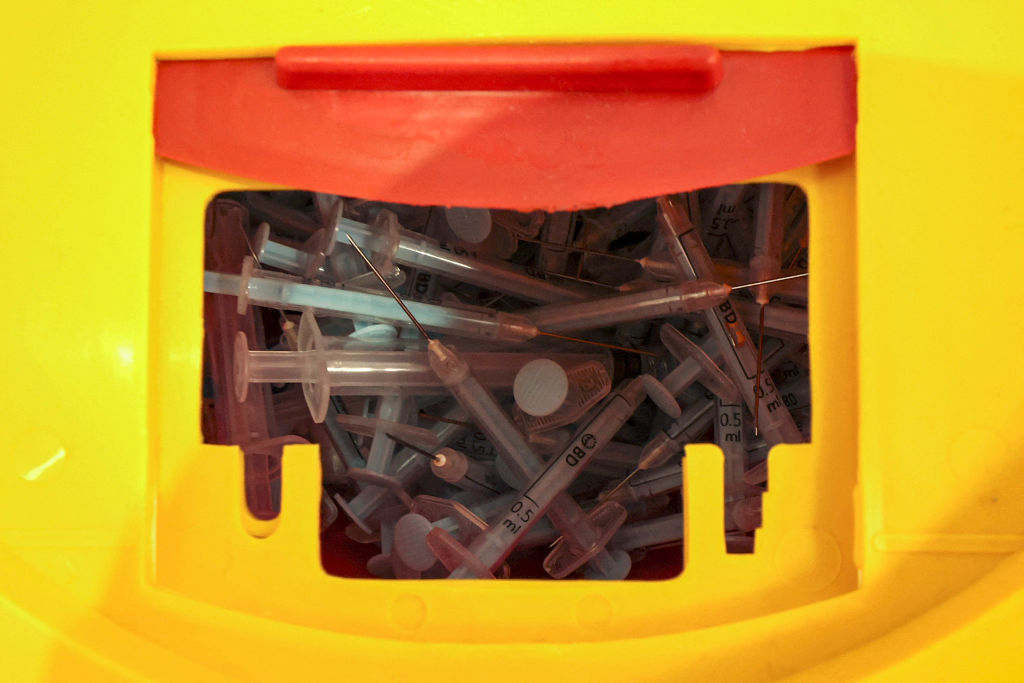Why vaccine waste is an 'equity issue'


A free daily email with the biggest news stories of the day – and the best features from TheWeek.com
You are now subscribed
Your newsletter sign-up was successful
Since March, pharmacies and state governments in the U.S. have thrown out at least 15.1 million doses of the COVID-19 vaccine, NBC News reports, citing government data.
It's important to note is that this is just a "small fraction" of the 438 million doses administered in the U.S. as of Tuesday and the 111.7 million additional doses the U.S. handed off to other countries as of Aug. 3, writes NBC News.
Still, considering the U.S. "has wasted far more vaccine doses than many poorer countries have for their entire population," vaccine waste has become an "equity issue," argues Tim Doran, professor of health policy at the University of York in the United Kingdom.
The Week
Escape your echo chamber. Get the facts behind the news, plus analysis from multiple perspectives.

Sign up for The Week's Free Newsletters
From our morning news briefing to a weekly Good News Newsletter, get the best of The Week delivered directly to your inbox.
From our morning news briefing to a weekly Good News Newsletter, get the best of The Week delivered directly to your inbox.
"You've got a very wealthy country with good access to vaccines essentially throwing vaccine away, and a lot of vaccine away," while other countries in need remain susceptible as they await vaccination, he said.
Sharifah Sekalala, an associate professor of global health law at Britain's University of Warwick, agreed, adding that although significant waste was "inevitable" under the current model in which wealthy countries purchase doses, it's a "failure" of the system that rich countries buy their batches but must then "think about what's going to happen if they don't use them," leading to an "over-purchase" of supply. It's "really tragic" and "really problematic," she said.
A cracked vial, a freezer malfunction, or a dosage error are all reasons a vaccine might be discarded.
Meanwhile, CDC spokeswoman Kristen Nordlund has noted that it's important for vaccine providers to get shots in as many arms as possible, even if it leads to waste. Read more at NBC News.
A free daily email with the biggest news stories of the day – and the best features from TheWeek.com
Brigid Kennedy worked at The Week from 2021 to 2023 as a staff writer, junior editor and then story editor, with an interest in U.S. politics, the economy and the music industry.
